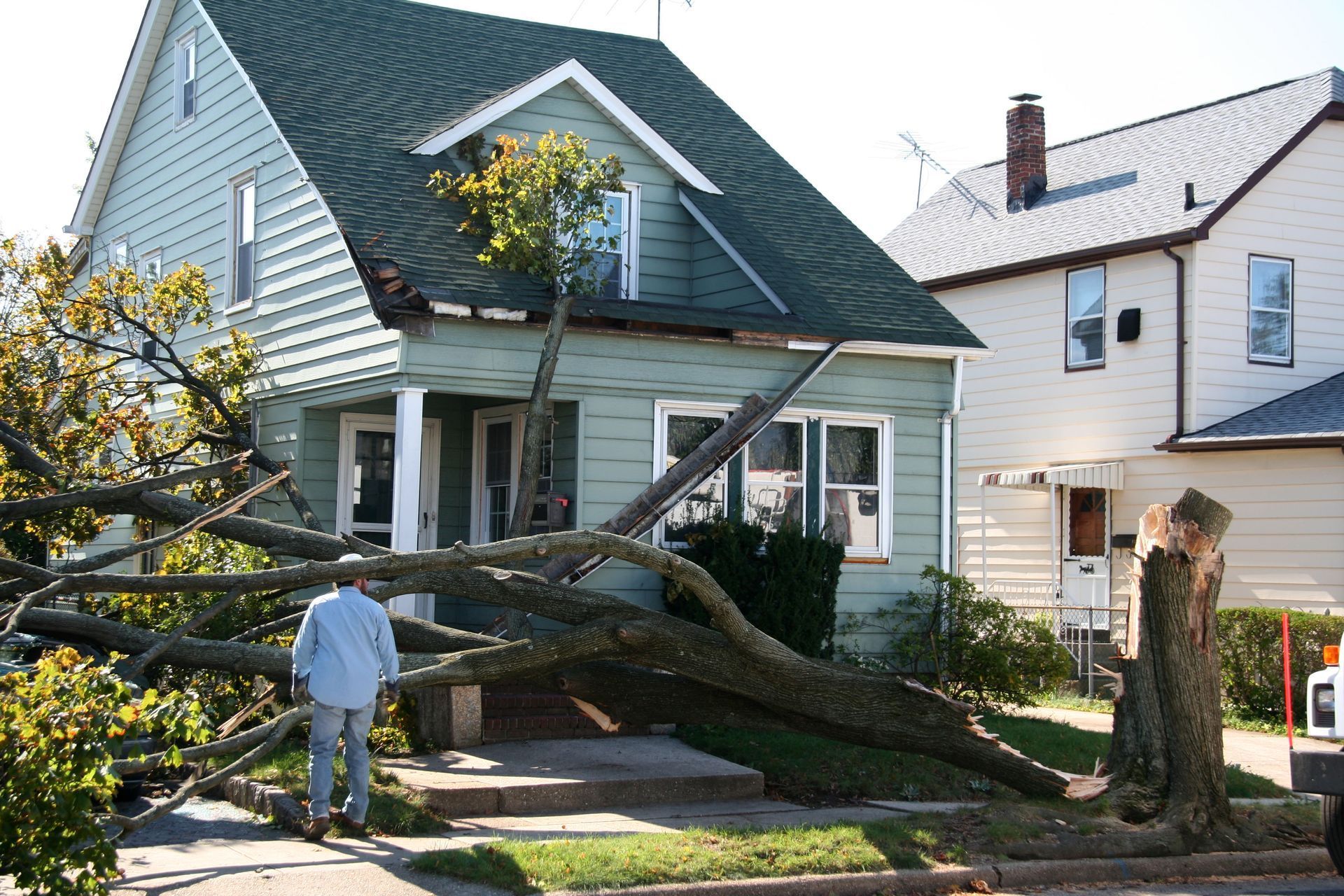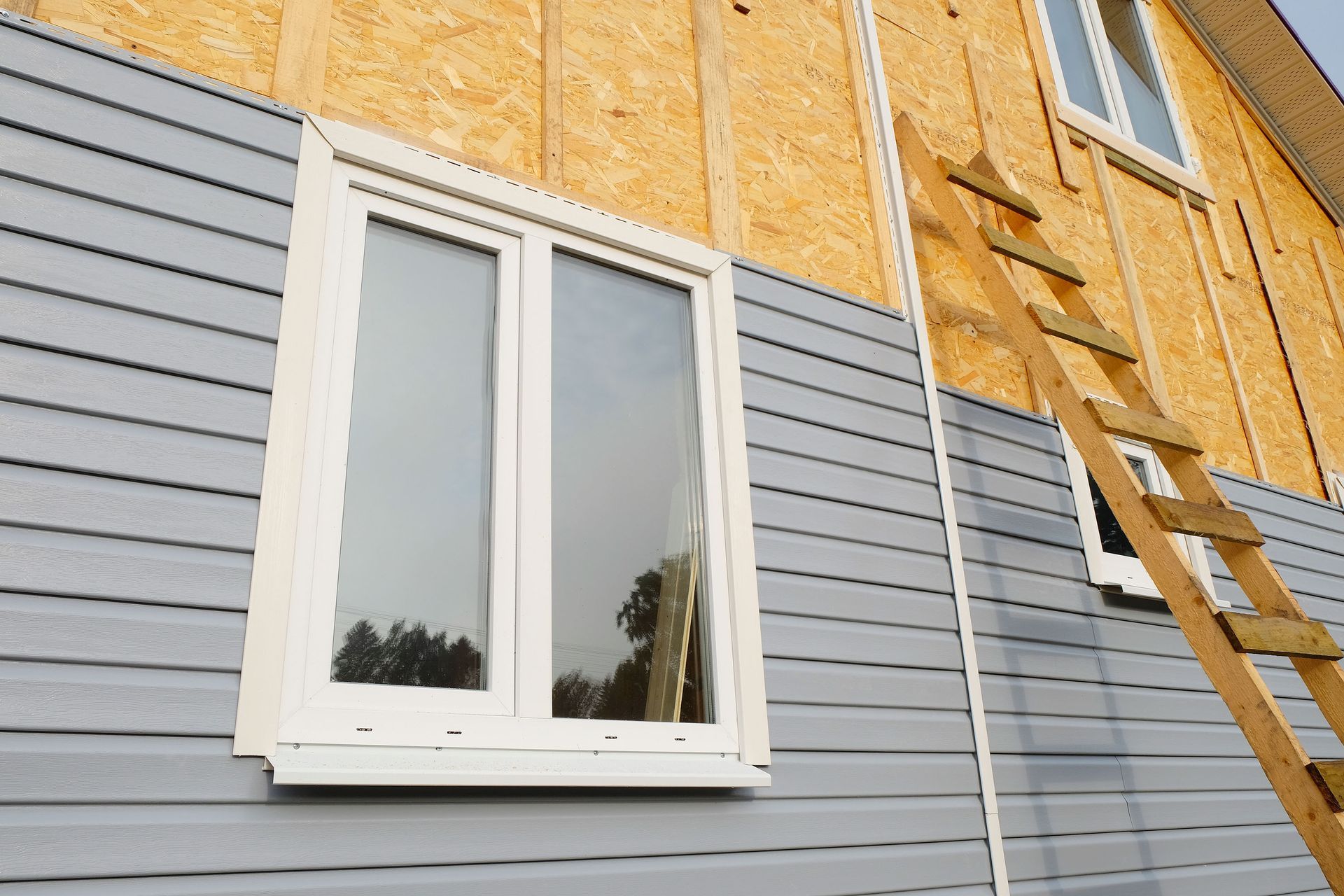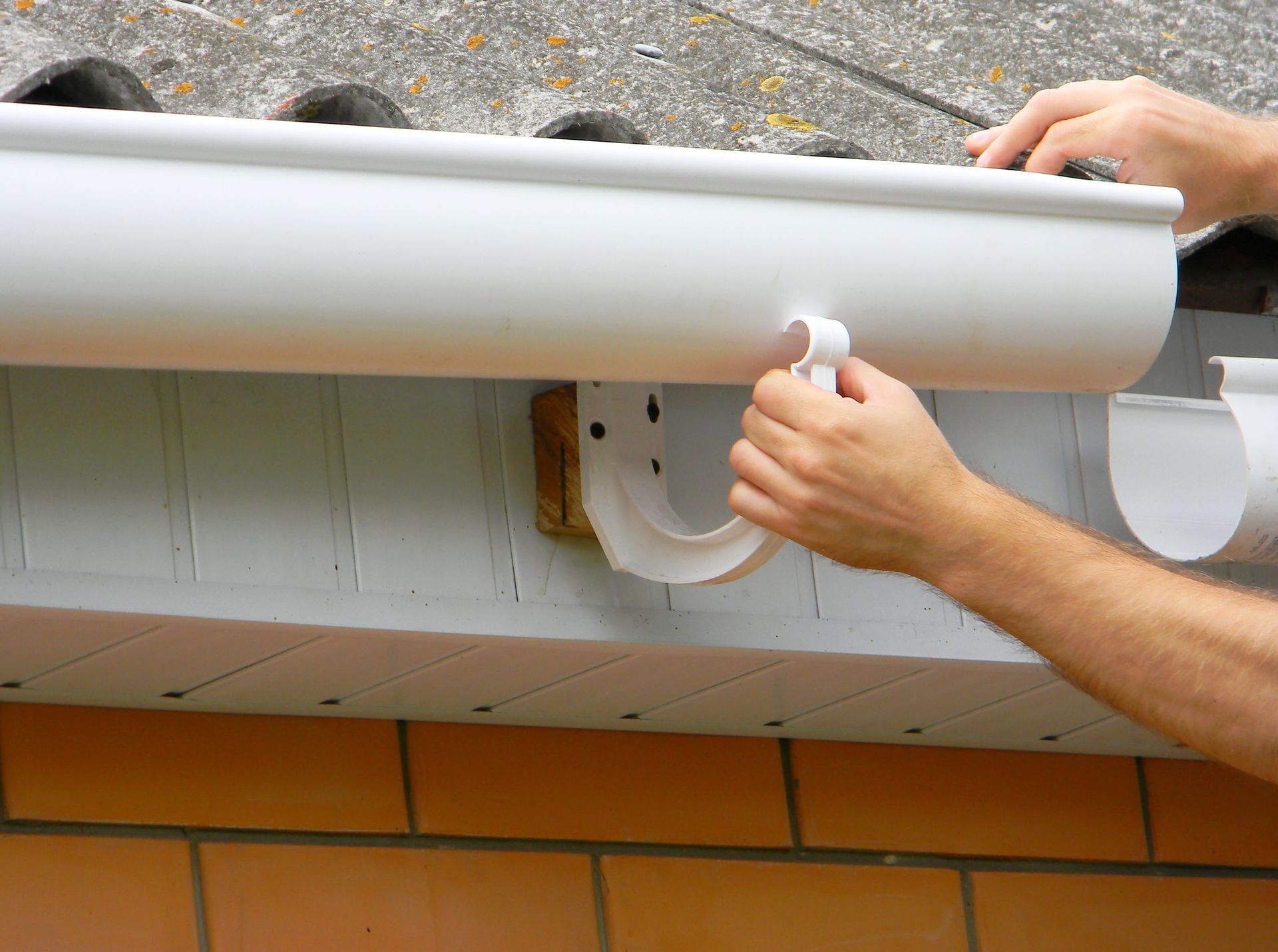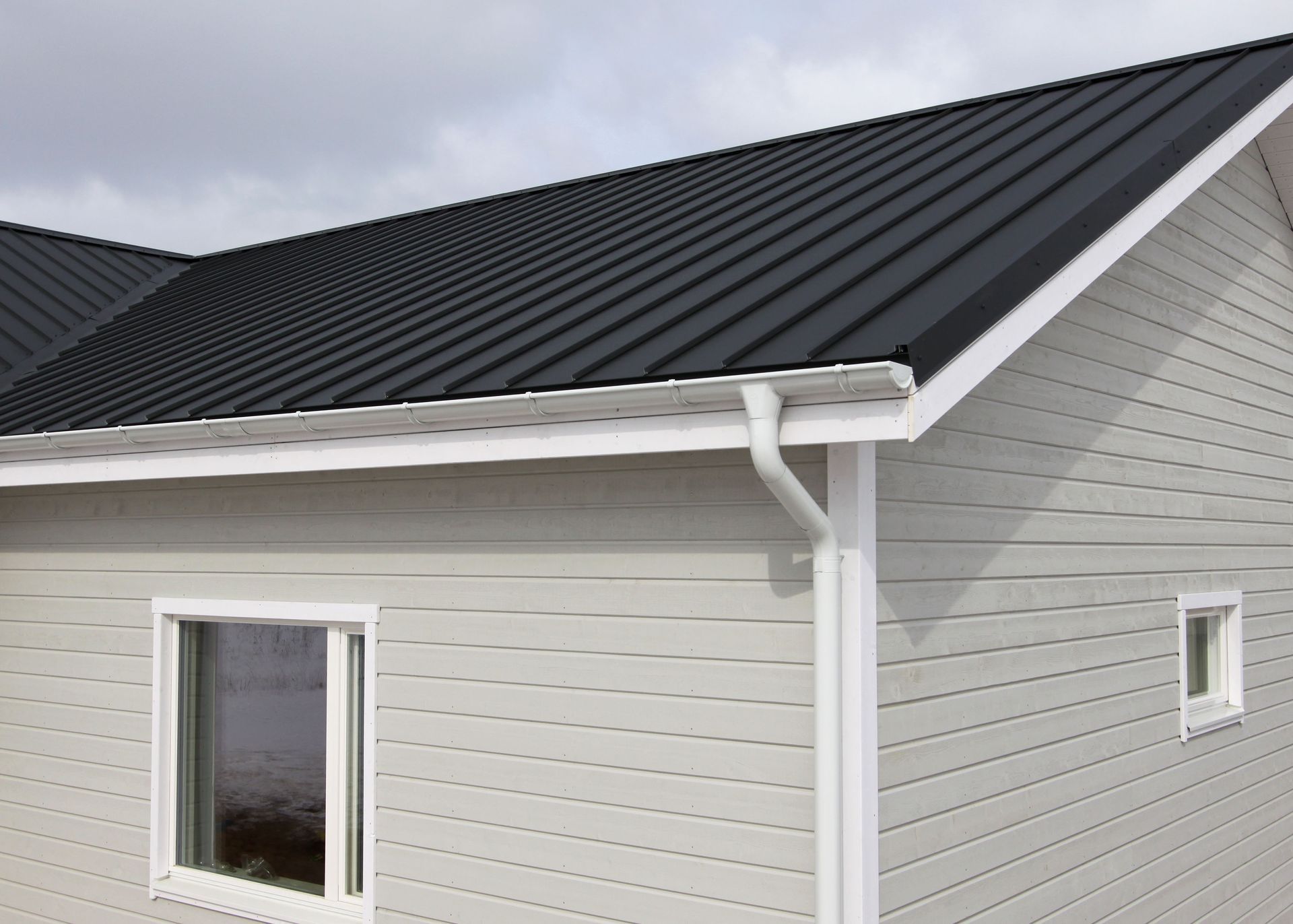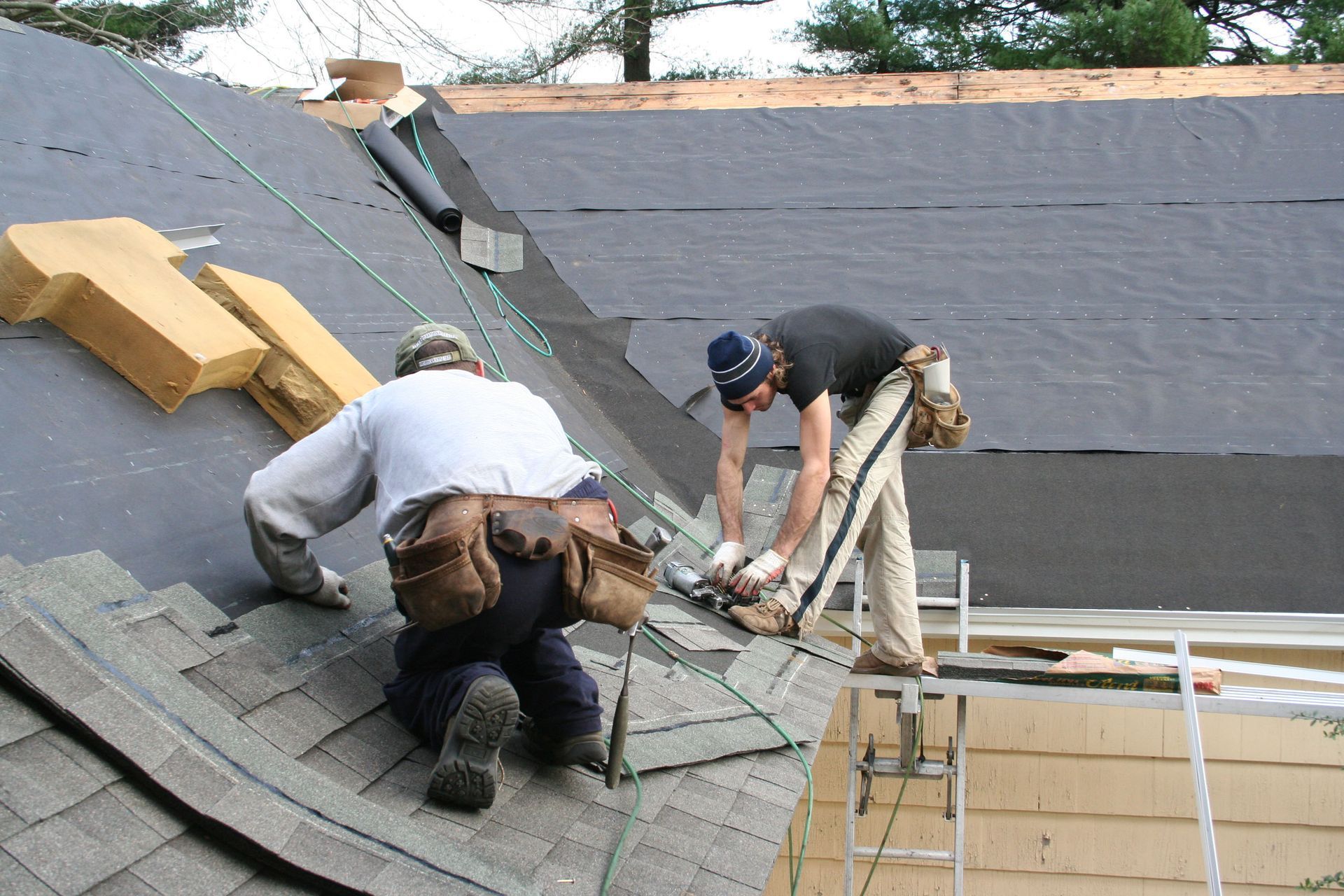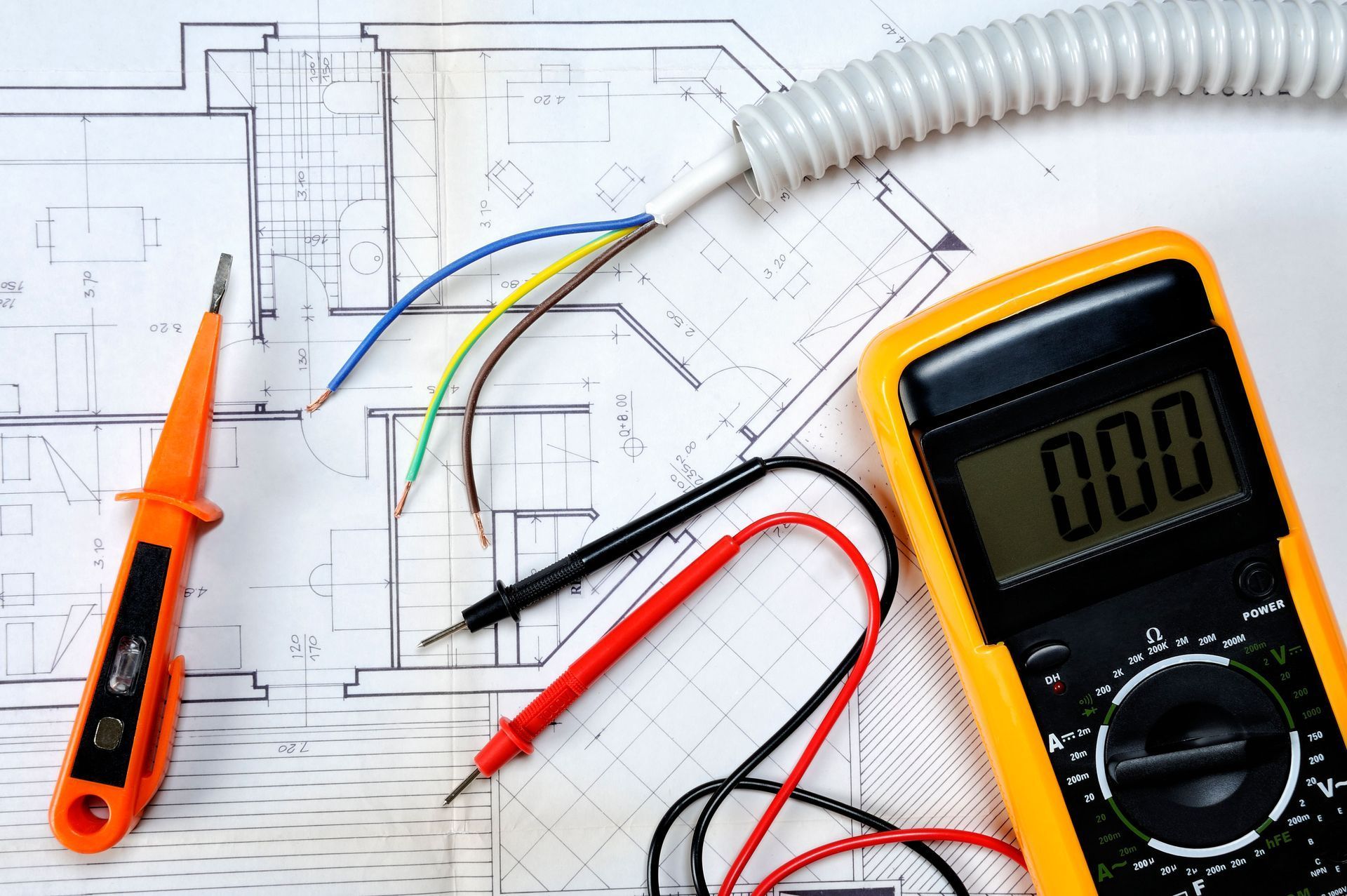Tips to Maintain Windows and When to Buy New Windows
July 13, 2024
Windows are a vital part of any home, offering natural light, ventilation, and an aesthetic appeal. However, maintaining them in good condition requires regular care. Here are some expert tips to help you keep your windows in top shape and advice on when and why you should consider window replacement.
Tips to Maintain Windows
1. Regular Cleaning
2. Inspect and Repair Seals
3. Check for Moisture and Condensation
4. Lubricate Moving Parts
5. Regular Inspections
When and Why You Should Buy New Windows
Despite your best efforts, windows don’t last forever. Here are some reasons and signs indicating it’s time for new windows
:
1. Drafts and Increased Energy Bills
2. Difficulty in Operation
3. Visible Damage and Decay
4. Noise Reduction
5. Condensation Between Panes
6. Updated Aesthetics and Home Value
7. Enhance Home Security
Conclusion
Proper window maintenance can extend their lifespan and keep them functioning efficiently. However, knowing when to replace them is equally important. New windows not only enhance the beauty and comfort of your home but also offer better energy efficiency, security, and noise reduction. If you’re experiencing any of the issues mentioned, it might be time to invest in new windows for a more comfortable and valuable home.
The post Tips to Maintain Windows and When to Buy New Windows
appeared first on Ireland Contracting.
As Pittsburgh’s winter approaches, homeowners face the critical task of ensuring their roofs are ready to handle the season’s harsh elements. Freezing temperatures, snow accumulation, and ice buildup can wreak havoc on an already weakened roof. Identifying the signs you need a new roof before the cold hits can save you from costly repairs or...
The post Top 5 Signs Your Roof Needs Replacement Before Winter Hits in Pittsburgh appeared first on Ireland Contracting.
As fall arrives, homeowners often overlook the importance of roof maintenance in preparing for the changing weather. Fall is an ideal time to inspect your roof and ensure it’s ready to handle the rain, wind, and debris that can accumulate. Ignoring minor issues can lead to costly repairs down the road, so taking preventative action...
The post Fall Roof Maintenance Tips to Avoid Costly Repairs appeared first on Ireland Contracting.
When it comes to making your Pittsburgh home more energy-efficient, upgrading your windows is one of the most impactful investments you can make. Whether you’re weighing the benefits of double pane vs. triple pane windows, or considering other options that maximize insulation, choosing the right windows can significantly enhance your home’s comfort while reducing energy...
The post Top 5 Energy-Efficient Window Options for Pittsburgh Homes appeared first on Ireland Contracting.


